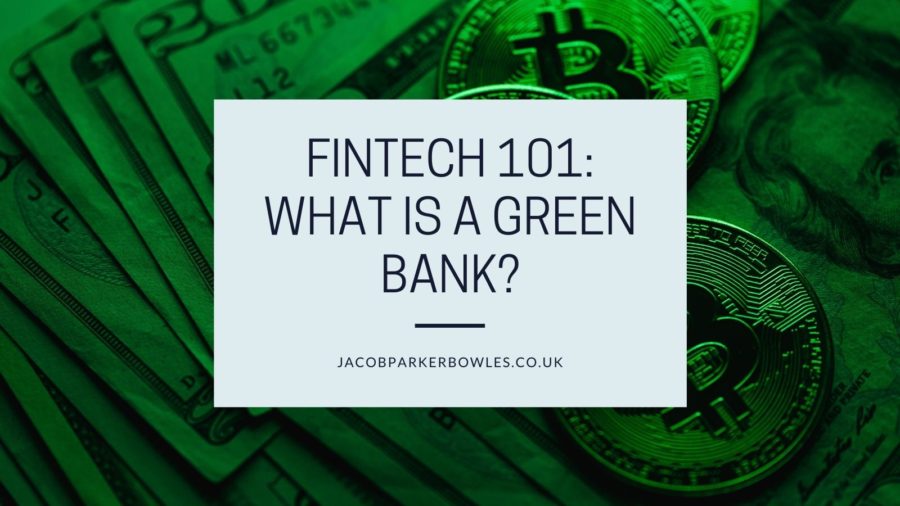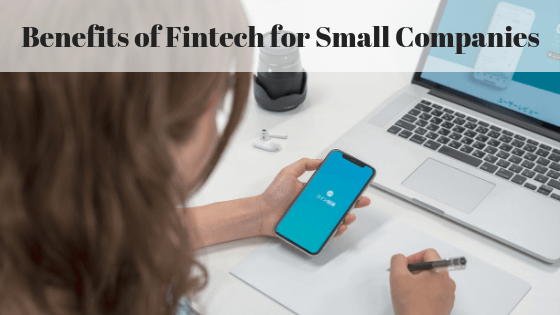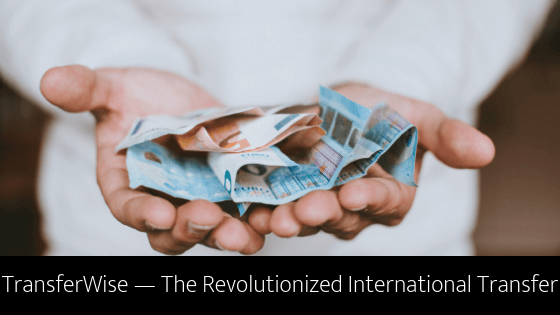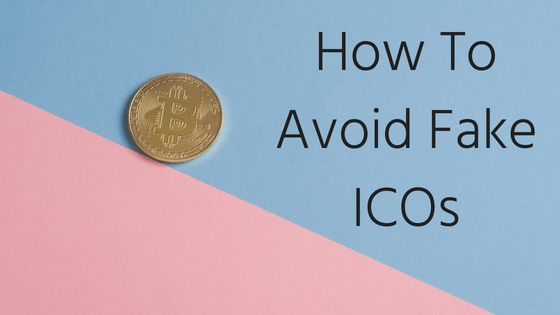Podcasts have become one of the most popular forms of media over the last few years, and for good reason. Practically anyone can make a podcast if they put the energy into it and podcasts can be about pretty much anything. One topic that has plenty of podcasts to check out is FinTech. You can find many podcasts covering the subject, with each one giving a different perspective than the other. Some may discuss news, while others may attempt to teach their listeners all about the subject. Regardless of what you’re looking to listen to, there’s a FinTech podcast out there for everyone. Here are a few great podcasts all about FinTech.
For FinTech’s Sake
Although this podcast is only around 2 years old, it’s easily one of the most popular and high-quality FinTech podcasts out there. Hosted by Zach Anderson Pettet, the show takes a look at what happens at the intersection between finance and technology, exploring the perspectives of founders, investors and, incumbents. Episodes of the show range anywhere from 20 minutes to an hour and a half, so you’ll get plenty of variety as well as many guest hosts.
Breaking Banks
Highly considered to be the #1 FinTech podcast in the world, Breaking Bank is hosted by Brett King, a FinTech expert who has written several books under his belt. The show takes a look at how technology and the way customers behave are bringing about changes and will continue to change banking over the next 10 years, as well as how it’s affected banking over the past 200 years. Every week Brett and his team discuss the most important financial topics and they’re constantly inviting new guests to give their own perspectives so you’ll always have something new to look forward to.
Banking Transformed
Technology has changed banking drastically, and there’s no denying that. But for some of us, that isn’t easy to accept, especially if you’ve been working in banking for a long time. Banking Transformed is hosted by Jim Marous, one of the top 5 banking and fintech influencers in the world. In each episode, Jim takes a deep dive into the impact that digital disruption has had on banking and will continue to have on banking, as well as the leadership and cultural challenges that come with it. Jim’s ultimate goal is to help listeners embrace the change and make the most of it because things will only continue to change with the passage of time.










